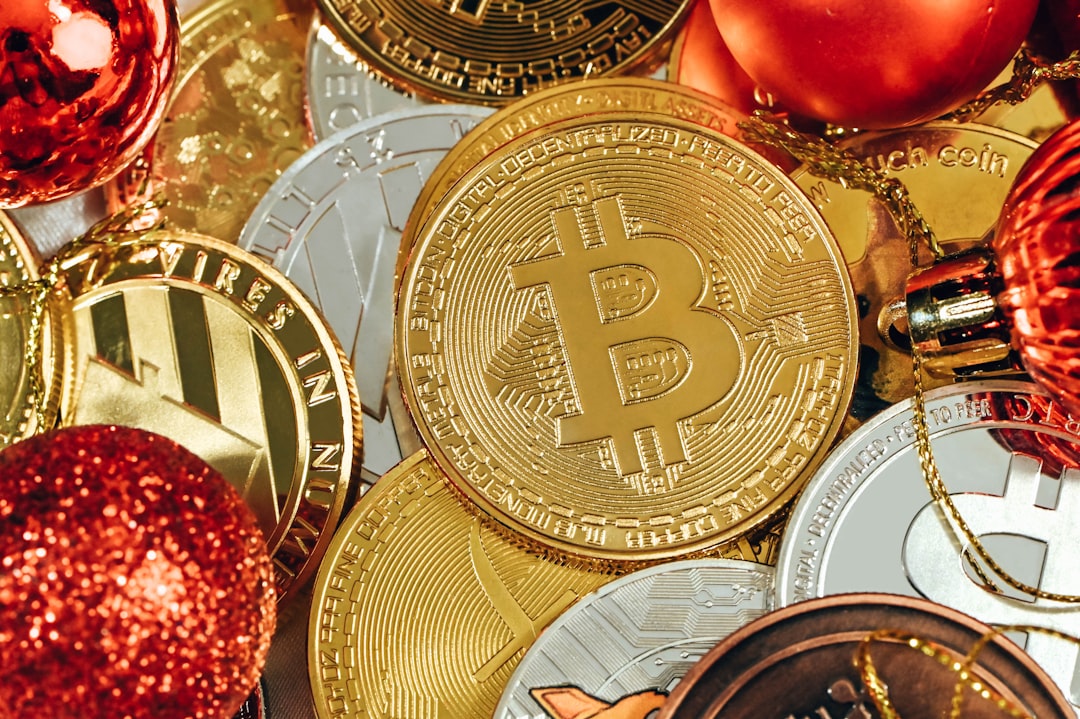
Hong Kong Virtual Money Exchange Shop License Analysis|Licensing Obligations, Business Risks and Practical Guidelines for Avoiding Mishaps
Swap stores can be found everywhere on the streets of Hong Kong, not only as a place for tourists to exchange foreign currencies, but also as a key hub to support cross-border trade and capital flows. However, when traditional money exchanges are combined with virtual currency OTC (over-the-counter) trading, the line between what is legal and what is gray becomes blurred. This article provides an in-depth look at the operating rules of licensed exchangers and exposes the deadly risks hidden behind "high returns".
I. Legitimacy and Regulatory Framework of Licensed Swap Shops
License is the life and death of legal operation
Under the Money Changers Ordinance and the Anti-Money Laundering Ordinance of Hong Kong, any organization providing remittance or money-changing servicesA license must be obtained from the Commissioner of Customs and ExciseThe maximum penalty is a fine of HK$100,000 and imprisonment for six months. Unlicensed operators are liable to a maximum fine of HK$100,000 and imprisonment for six months upon conviction. Licensed institutions are defined as "Financial Institutions" and are required to strictly enforce customer due diligence (KYC) and record keeping obligations.
The Regulatory Vacuum of Virtual Currency OTCs
Despite the fact that the traditional replacement business is clearly regulated.Virtual Money OTC is in a regulatory gray area.The Hong Kong Government has not yet issued a specific license for digital asset exchange. Hong Kong currently does not have a specific license for digital asset exchanges, and traders can only rely on traditional exchange licenses for endorsement. However, the SFC has repeatedly warned that unlicensed virtual asset trading platforms (such as JPEX) are suspected of violating the law, and that their high-yield promotions and inaccurate claims may constitute fraud.
The Three Core Businesses and Operational Risks of a Swap Shop
1. Foreign Exchange Conversion: A Double Edge to Break the US$50,000 Limit
The Exchange Shop offers 27 major currencies, includingExpress Remittance in Renminbi and Hong Kong DollarsThe most favored. Through the "knock-on" mode, funds can be cleared without physically crossing the border, but this operation may violate China's foreign exchange controls. Caution is required:
- Bank accounts within the country are susceptible to the risk of card suspension if they receive funds from a trade-in store.
- There is an exchange rate difference between offshore RMB (CNH) and onshore RMB (CNY), and the actual cost may be higher than the book handling fee.
2. Transfers and Remittances: The Invisible Money Flow Pipeline for Trading Companies
The key to Hong Kong's swap industry, which handles more than US$500 billion of re-export trade funds annually, is the followingBypassing OFAC's approvalHowever, such funds lacked proof of legal origin. However, without proof of legal origin, such funds may be frozen by banks in developed countries in Europe and the United States retroactively when they are used for investment immigration or home purchase.
3. Electronic Payments: License Compliance is the Biggest Pitfall
Cross-border payment platforms such as Wise and XTransfer hold MSO licenses, but still face restrictions when it comes to RMB business. Some of these platforms avoid regulation through "channel nesting" (e.g. Zongan Bank using Wise's channel), and once the partner is investigated, the user's capital chain may be broken in an instant.
The Four Deadly Traps of the Virtual Currency OTC
Trap 1: Running naked without a license
Hong Kong 90% digital currency OTC merchants are not licensed or even registered as a physical company. In case of disputes, investorsUnable to recover compensation through judicial channelsThe JPEX case is a typical example - the platform fictionalized the regulatory qualifications, which ultimately made it impossible for users to withdraw their funds.
Pitfall 2: Black Money Pollution on the Chain
It is common for OTC merchants to use chain analytics tools such as Slowmist to scrutinize wallet addresses, and if they find that funds are involved in illegal activity, they may simply refuse the transaction or report it to law enforcement. More dangerously.Bank Accounts May Be Frozen After Receiving "Marked" Virtual Assets.
Pitfall 3: Criminal Risks of Cash Conversion
It is an offence to carry more than HK$120,000 in cash out of Hong Kong, and proof of origin is required for deposits of more than HK$500,000 in cash. If the outflow of money from the exchange store involves black money from casinos, wire frauds, etc., it may be triggered when depositing the money into the bank.Crest Tracking SystemThis can lead to account freezes and even criminal investigations.
Pitfall 4: Leakage of Information and Fall Accounting
Although licensed redemption stores are subject to the Personal Data (Privacy) Ordinance, the industry lacks a unified data management standard. Sensitive information such as identity cards and bank statements of users may be sold by insiders or mobilized by cross-border law enforcement agencies.
IV. Golden Rules for Safe Operation
Three Iron Rules for Choosing a Merchant
- Physical Store ValidationConfirmation of MSO license issued by the Customs and Excise Department (the number can be checked on the official website).
- Refuse to trade remotely: Large amount of business must be done face-to-face, avoiding communication via Telegram, WhatsApp, etc.
- Preferred Mixed Industry GroupsFor companies such as the Hsu Brothers, which also hold licenses for foreign exchange, insurance and securities, the capital chain is relatively transparent.
Hedging Strategies for Funds Delivery
- segmentation: Limit the transaction amount to HK$500,000 to reduce the chance of bank scrutiny.
- Dedicated: Open a separate Hong Kong bank account for switching business, segregated from your main personal account
- Retention of Certificates: Require the merchant to issue a stamped remittance slip stating the time of the transaction, the exchange rate and the accounts of both parties.
V. Future Regulatory Winds and Industry Impacts
Following the JPEX fraud in 2023, the Hong Kong SFC has stepped up enforcement against virtual asset platforms by invoking section 53ZRF of the Anti-Money Laundering Ordinance to prosecute suspected fraudulent operators (with a maximum sentence of 10 years' imprisonment). MeanwhileAnti-Money Laundering Compliance Pressure in Europe and the U.S.It is forcing the search for exchangeable funds out of the mainstream financial markets:
- U.S. SEC Launches "Long-Arm Jurisdiction" to Trace Past Knockout Funding
- Singapore Freezes Bank Accounts Linked to Hong Kong Swap Shops
- Australia raids Chinese-backed bank, seizes assets in case.
Conclusion: Finding Room to Survive in the Cracks of Compliance
The golden age of Hong Kong's exchange industry has come to an end with the tightening of the international financial environment. For ordinary investors, the only way is to keep up with regulatory developments, select licensed institutions, and limit the use of capital toTrade settlement and local investment in Hong Kong and MacauThe only way to protect your property is to keep it safe. Remember: All "painless cross-border" temptations can end in heartache.
Disclaimer: The contents of this article are for informational purposes only and should not be construed as any form of promotion, investment advice, or invitation, solicitation or recommendation of any investment product.
The contents of this article have been reprinted.offensiveIf there is anything wrong, please contact us and we will remove it immediately, thank you.
Readers should make their own assessment and seek professional advice.





